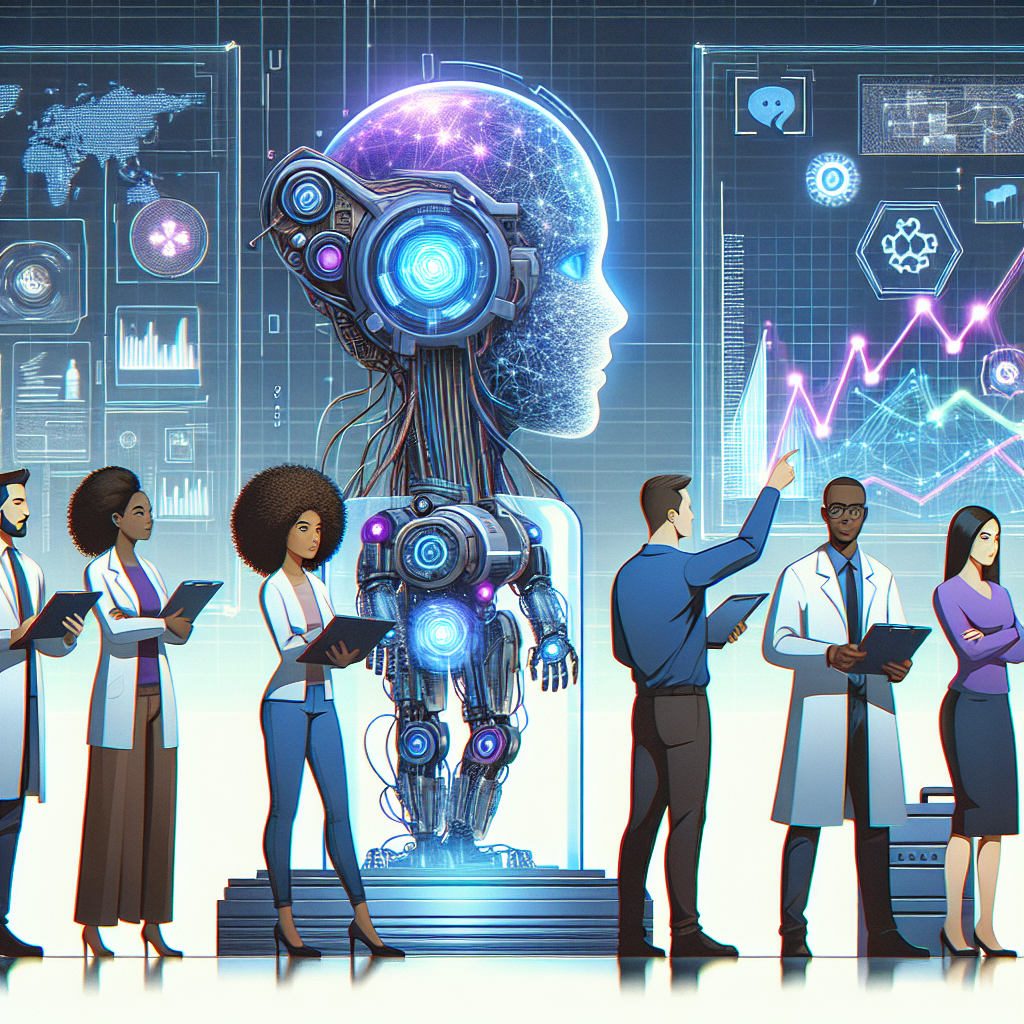Artificial General Intelligence (AGI) is a topic that has been gaining increasing attention in recent years. AGI refers to a type of artificial intelligence that can understand, learn, and apply knowledge across a wide range of tasks, much like a human. This has led to discussions about the future of work and whether machines will eventually replace humans in many jobs. In this article, we will explore the implications of AGI on the future of work and address some frequently asked questions on this topic.
The Potential Impact of AGI on the Future of Work
The potential impact of AGI on the future of work is a topic that has sparked much debate and speculation. On one hand, proponents of AGI argue that the technology has the potential to revolutionize industries and create new opportunities for workers. AGI could automate repetitive tasks, improve efficiency, and enable workers to focus on more strategic and creative tasks. This could lead to increased productivity, innovation, and job satisfaction.
On the other hand, skeptics of AGI raise concerns about the potential negative impact on jobs. They argue that as AGI becomes more advanced, it could replace humans in a wide range of jobs, leading to widespread unemployment and economic disruption. Some studies have estimated that up to 47% of jobs in the US could be at risk of automation in the next few decades.
It is important to note that the impact of AGI on the future of work is not set in stone. The actual impact will depend on a variety of factors, including the pace of technological development, government policies, and societal attitudes towards automation. Some experts believe that AGI could create new job opportunities in emerging industries, while others argue that the displacement of workers could lead to social and economic challenges.
Frequently Asked Questions about AGI and the Future of Work
1. Will machines replace humans in all jobs?
While it is true that AGI has the potential to automate many tasks currently performed by humans, it is unlikely that machines will completely replace humans in all jobs. Some tasks require human creativity, intuition, and emotional intelligence, which are difficult for machines to replicate. Additionally, there are ethical and legal considerations that may limit the use of AGI in certain industries.
2. Will AGI lead to widespread unemployment?
There is a concern that AGI could lead to widespread unemployment as machines take over tasks currently performed by humans. However, it is also possible that AGI could create new job opportunities in emerging industries and sectors. It is important for governments, businesses, and workers to adapt to the changing technological landscape to mitigate the impact of automation on jobs.
3. How can workers prepare for the impact of AGI on the future of work?
Workers can prepare for the impact of AGI on the future of work by acquiring new skills and staying up-to-date with technological developments. Lifelong learning and continuous training will be essential for workers to stay competitive in a rapidly changing job market. Additionally, workers should be proactive in seeking out new opportunities and adapting to new technologies.
4. What are the ethical considerations of using AGI in the workplace?
There are several ethical considerations of using AGI in the workplace, including concerns about job displacement, data privacy, and bias in algorithms. It is important for businesses to consider the ethical implications of using AGI and to implement policies and safeguards to protect workers and consumers. Additionally, stakeholders should engage in discussions about the ethical use of AGI to ensure that the technology is deployed responsibly.
5. How can governments regulate the use of AGI in the workplace?
Governments can regulate the use of AGI in the workplace by implementing laws and regulations that address issues such as data privacy, job displacement, and algorithmic bias. It is important for governments to work with businesses, workers, and other stakeholders to develop policies that ensure the responsible use of AGI and protect the rights of workers and consumers. Additionally, governments can support workers through training programs, job retraining, and social safety nets to help them adapt to the changing job market.
In conclusion, AGI has the potential to revolutionize the future of work by automating tasks, improving efficiency, and creating new job opportunities. While there are concerns about the impact of AGI on jobs, it is important for stakeholders to work together to address the potential challenges and opportunities presented by this technology. By adopting a proactive and collaborative approach, we can harness the power of AGI to create a more productive, innovative, and inclusive workplace for all.

